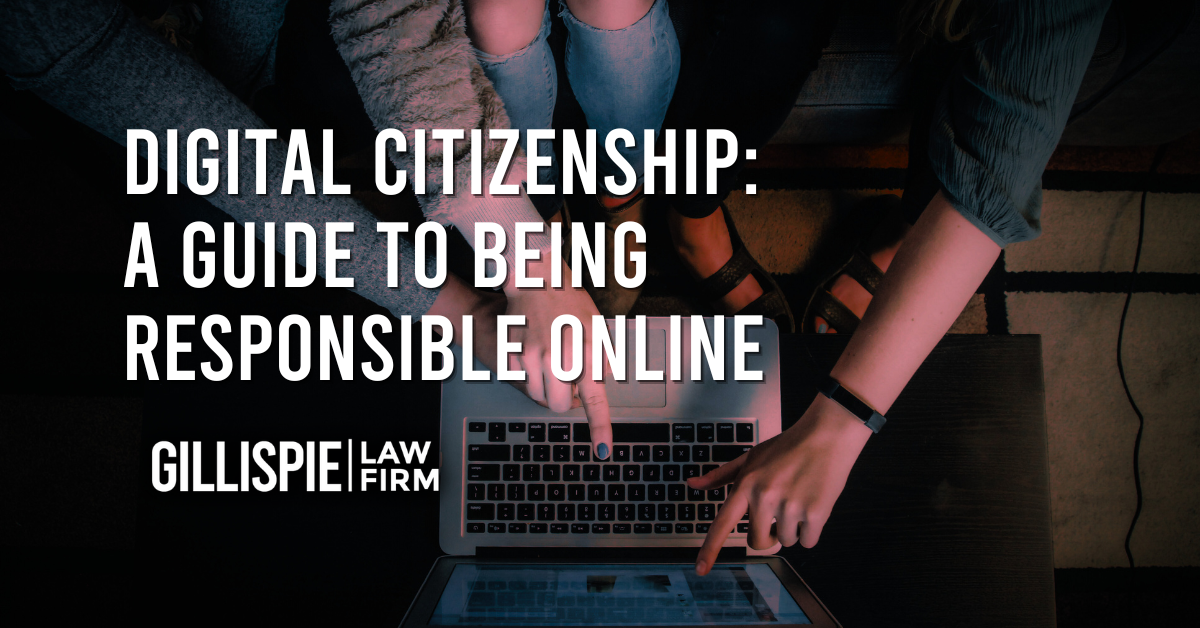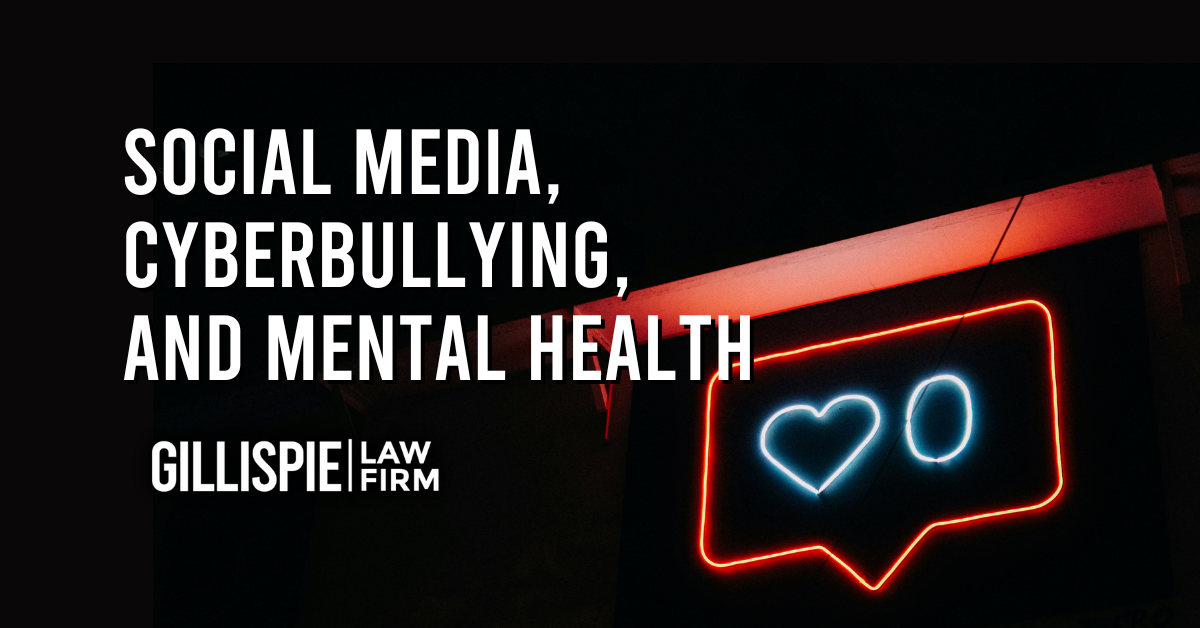Many Soldiers Still Struggle With Lingering Trauma of Childhood Abuse
Thinking of soldiers as victims seems rather paradoxical; how can someone so strong, decisive and resolute possibly be a victim? But they were children long before they were soldiers, and the tragic truth is that just as many service personnel suffer from the memory of childhood abuse as civilians do.
One study found an astonishing 25 percent of surveyed soldiers had suffered both physical and sexual abuse as children. The research, which was published in the journal Military Medicine in 2011, compared survey results from more than 200 soldiers at an undisclosed Army base and broke them down into three groups: those with no history of childhood abuse, those who were subjected only to physical abuse and lastly, those who faced both physical and sexual abuse as a child.
According to the research, 29 percent of participants reported no physical or sexual abuse, 46 reported sustaining physical abuse and a quarter of all participants suffered both types of abuse. The latter finding roughly aligns with sexual abuse statistics among civilians, although concrete numbers are hard to come by because so few victims of sexual abuse come forward.
PTSD and Alcohol Abuse
As you might expect, many of those who suffered through physical and sexual abuse as children struggled with the after effects. Civilian victims commonly experience post-traumatic stress disorder, depression, physical symptoms of their psychological pain, memory impairment, low self esteem and personality disorders, among others. Here, the researchers found a correlation between childhood physical and sexual abuse and more severe PTSD and alcohol abuse. Curiously, however, “the combination of childhood physical and sexual abuse was not associated with impaired functioning in this sample of Army soldiers,” which the researchers chalked up to the resilience of the participants.
Sadly, this is not a one-off finding. A 2005 study of veterans with bipolar disorder found that those who’d experienced childhood abuse were more likely to have PTSD, panic attacks and substance abuse disorders. And in that same study, those who specifically reported both childhood physical and sexual abuse were more likely to suffer major depressive episodes and to attempt suicide.
A 2014 study that compared various childhood traumas of military personnel and civilians found that 25 percent of service members who endured childhood abuse currently suffer from PTSD and 34 percent have a mood disorder, both of which are higher than civilian rates. This study, which involved some 60,000 participants, also found that military men in the post-draft era were twice as likely as civilians to have experienced forced sex before the age of 18.
That discrepancy led the authors to suggest that enlistment may serve as an escape from traumatic environments, at least among men. For military women, there were far fewer differences observed from their civilian counterparts.
Seeking Solutions
Fortunately, there are some treatments for service members and veterans struggling with the memory of childhood sexual abuse. A 2018 case report on a Army veteran with severe and chronic PTSD related to childhood sexual abuse responded to a form of psychotherapy known as “prolonged exposure” that can help patients confront their past.
So remember that not all scars are physical and that even the strongest among us can struggle with the memory of child abuse.
(If you are an Arkansas resident struggling with the pain of childhood sexual abuse, help is available. Call 501-244-0700 to explore all of your options.)
Latest Article
Three survivors of childhood sexual assault describe their abuse at the hands of one man, and their attempts to move past their harrowing experiences.
Read – Innocence Lost: Surviving Sam Otts and His Dark Legacy



